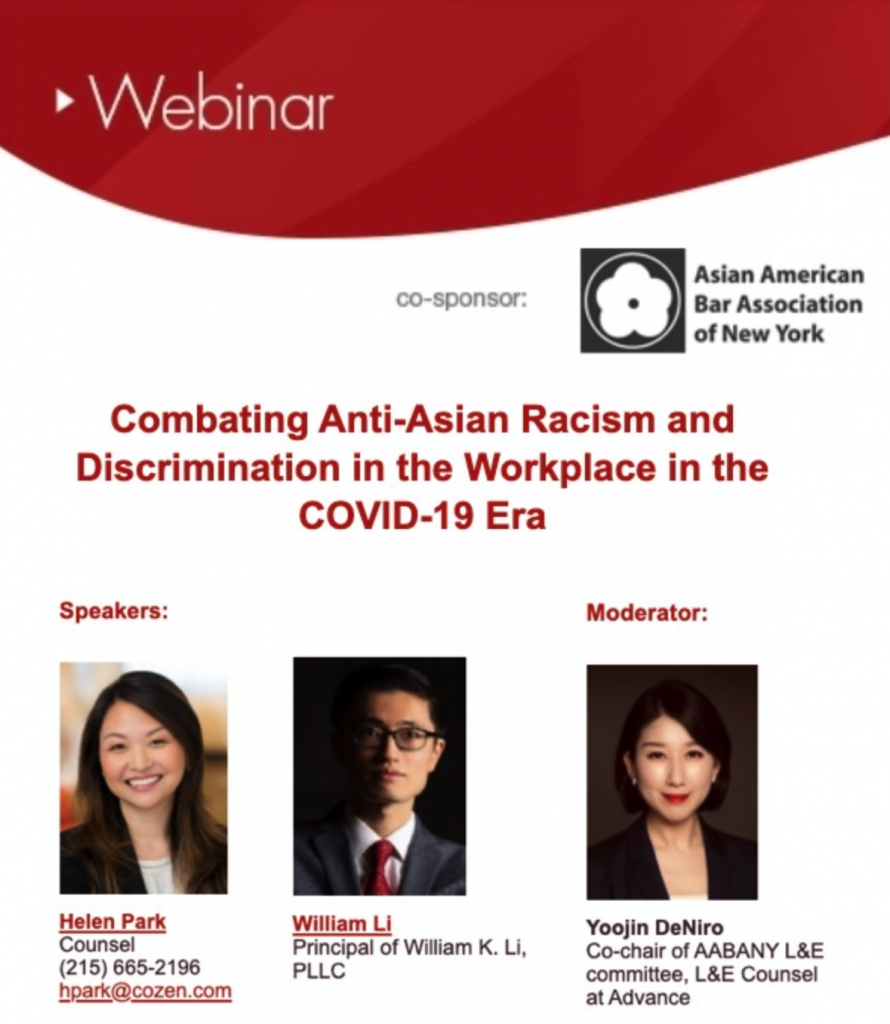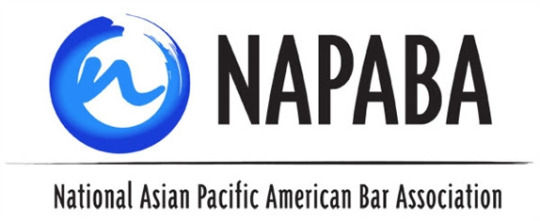For Immediate Release: Date: January 27, 2021
Contact: Priya Purandare, Executive Director
WASHINGTON – The National Asian Pacific American Bar Association (NAPABA) commends President Biden’s Presidential Memorandum denouncing discrimination and xenophobia against the Asian American and Pacific Islander (AAPI) community.
In the memorandum, President Biden directed the Attorney General, to investigate, document and address hate incidents and harassment against AAPIs. Additionally, the President directed the Department of Health and Human Services, in coordination with the COVID-19 Health Equity Task Force, to issue guidance, including language access, toward AAPIs in the nation’s COVID-19 response.
“Members of the Asian American and Pacific Islander community have been victims of increased acts of discrimination, hate and racist violence, and harassment during the COVID-19 pandemic, much of which has been underreported by the media,” said NAPABA president A.B. Cruz III. “We applaud President Biden’s efforts to unify the country by recognizing and addressing these despicable acts that have devastated our community and businesses. We strongly urge all leaders, organizations and individuals to join us and take a stand against hate.”
According to the Stop AAPI Hate project, there were over two thousand documented incidents of hate or violence targeting Asian Americans and Pacific Islanders over the summer of 2020 related to COVID-19.
Please see NAPABA’s Hate Crimes Center for more resources on how to respond to acts of hate. Organizations are invited to join NAPABA’s Stand Against Hate campaign. NAPABA addressed and condemned racist language in an organization statement last fall.
###
The National Asian Pacific American Bar Association (NAPABA) represents the interests of approximately 50,000 legal professionals and nearly 90 national, state, and local Asian Pacific American bar associations. NAPABA is a leader in addressing civil rights issues confronting Asian Pacific American communities. Through its national network, NAPABA provides a strong voice for increased diversity in government and the judiciary on the local, state, and federal levels, advocates for equal opportunity in the workplace, works to eliminate hate crimes and anti-immigrant sentiment, and promotes the professional development of people of color in the legal profession.



